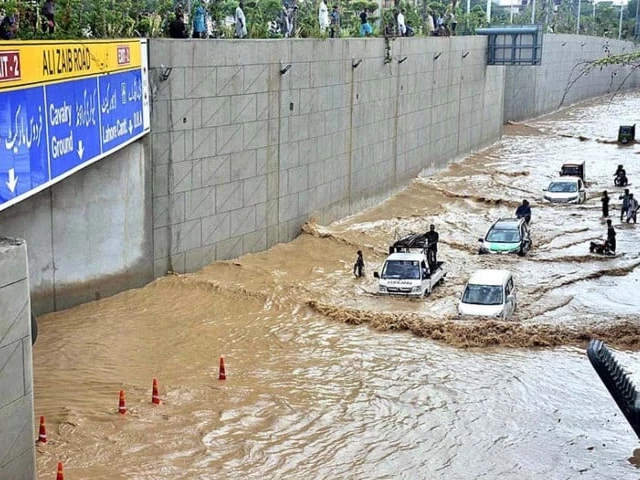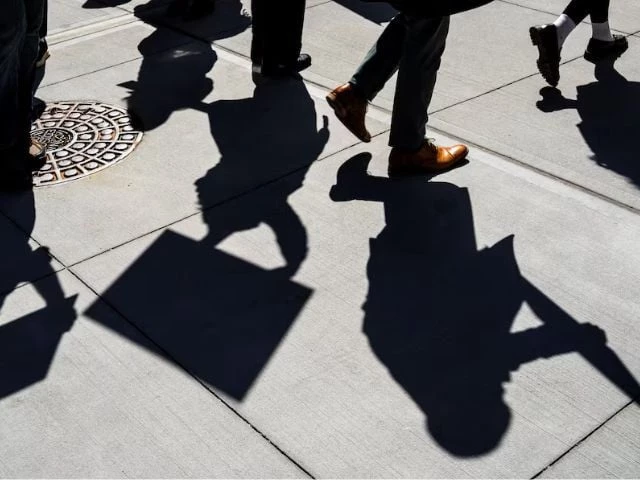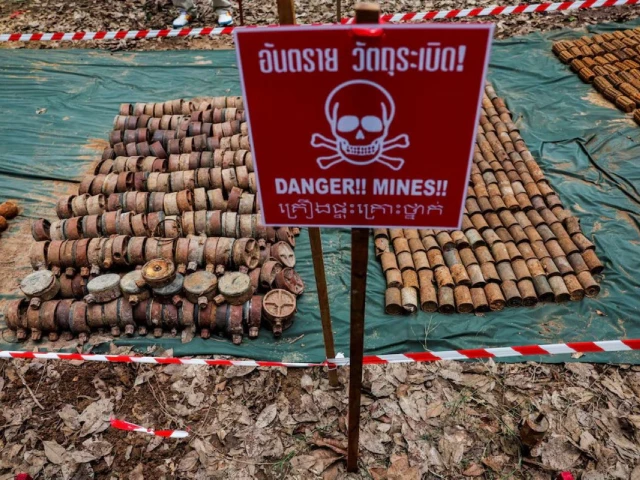The Challenge of Rainwater Management in Lahore: A Call to Action
Lahore recently faced heavy rains, prompting both praise and frustration regarding how the city manages water. While the government has effectively drained some rainwater from the roads, many parks and green belts across residential colonies are still inundated. This situation raises essential questions about our approach to these challenges and the impact on local communities.
The Parks and Horticulture Authority (PHA) currently lacks a clear strategy for addressing the persistent water accumulation in parks. Instead of implementing proactive drainage solutions, they seem to be waiting for the weather to change. Unfortunately, this has resulted in stagnant water, creating breeding grounds for mosquitoes and a potential health hazard, particularly concerning dengue fever.
Residents are understandably frustrated. Muhammad Osama, a local from F-Block Johar Town, expressed that despite multiple complaints, no action has been taken by PHA. This issue isn’t just limited to one area; it’s evident in various blocks of Johar Town and other neighborhoods like Allama Iqbal Town and Model Town. The community is left to deal with both foul smells and health risks, while government efforts appear to prioritize high-profile areas.
Interestingly, the Water and Sanitation Agency (WASA) claims to be working on underground tanks to improve the water table. However, their approach is questionable, as water from drainage efforts is often dumped back into parks rather than being utilized effectively to recharge the groundwater. This contradiction only amplifies community concerns.
Former Chief Engineer Khushal Khan suggests a more sustainable approach, advocating for the construction of wells to channel rainwater underground. His proposal, which includes the "Gharki system," could not only prevent stagnant water in parks but also replenish our dwindling water table. It’s clear that effective planning and action are essential if we aim to protect our communities from the repercussions of stagnation.
To that end, citizens and local leaders are encouraged to advocate for tangible measures. The recent meetings held by the Lahore Deputy Commissioner are a step in the right direction, but they need to translate into real solutions.
As Lahore grapples with these challenges, it serves as a reminder of the importance of effective rainwater management and community involvement. The discussion is crucial for our health and the environment – let’s not wait until the next rainstorm to seek answers. For more insights on community issues and ways to stay informed, consider connecting with Pro21st.





